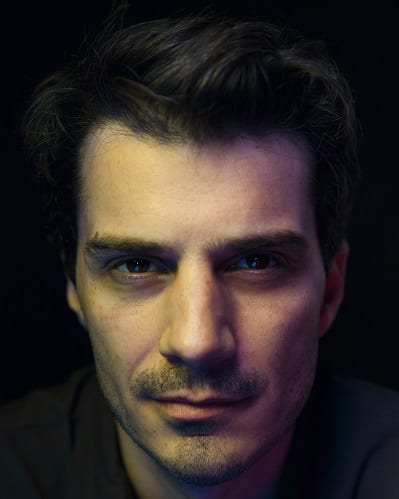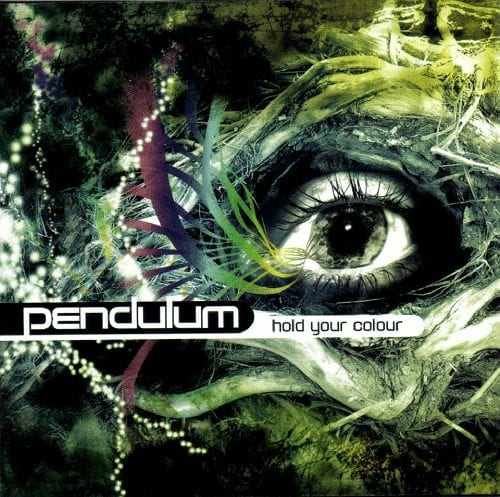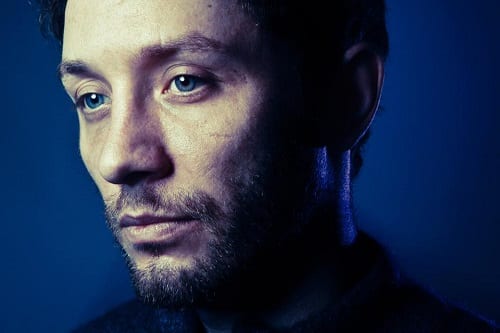Today sees the official launch of one of the best dance music films made so far: Eden.
Directed by Mia Hansen-Løve and written by her brother Sven Hansen-Løve (who the film’s main character Paul is based around), it’s a French movie that tells the story of the house explosion in the early 90s in Paris and plots the tale to this day.
Honest and, at points, pretty gritty, it’s one of the first times dance music’s story has been told without the blockbuster hype or comedy fluff. Sure, Human Traffic dealt with a few wider issues around club culture but Eden has the additional vantage point of over 15 years more dance history to tell.
If you have any interest in dance music (which you probably do reading this website) Eden is a highly recommended movie. We got some time with Sven Hansen-Løve to find out more about the film, Daft Punk’s involvement and the real life moments that couldn’t make it onto the film…
It’s about the choices you make as a teenager and how they will affect the rest of your life! I feel anyone in any creative industry who has made that type of passionate investment of their life into one thing will identify with the story and some of the challenges of those decisions later in life
So how autobiographical is Eden?
It’s based on my experiences and my life. So very! We didn’t know we were going to go in this direction when we first started the idea. The original concept was to capture that moment for that generation. But I had so many memories of that time that it became more personal over time. So it’s a combination of truisms and other elements are more invented. Sometimes I think I remember things but the memory gets tricky, right?
It does. So, for example, the scene when you come home from a rave and ask your sister to work out the chords for Sweet Harmony… I imagine that is totally real!
Yes, 100 per cent! My sister remembered it very clearly. I felt those keys represent so much about our music; those keys come from CeCe Rodgers Someday, which is a legendary house track and also, as you say, Liquid’s Sweet Harmony… And many other versions and remixes since. I think they are the perfect house keys that have spawned so many tracks. When I first heard them I had to know how to play them. It was the start, and end, of a very promising piano playing career!
Ha! So how long have you wanted to capture this era as a movie?
My sister first mentioned it as a project idea around three or four years ago. She sent me endless notes and we talked and developed it to the point we had two films which was too ambitious! So that’s how the film has two very clear parts to it.
So when your sister was first interviewing you and you were working out the story it must have been during some pretty dark times in your life?
Well I wasn’t really doing much in my life at that point, that’s for sure… I’d managed to achieve some distance from the music scene which is what I really needed. In fact I would say that it was a much happier time than others before that!
The overriding theme of the film, to me, is loneliness. In a scene that really bangs on about the whole unity thing, there are times, if you’re involved in it for a living, when you feel very isolated…
Absolutely. My sister prides herself on trueness and realism and authenticity. She wanted to show the real aspects of the music industry. Sure we all have a lot of fun and DJs do fly from country to country and drink champagne but that shouldn’t be over-glamorised, it’s a job and it can be very difficult sometimes. DJs can find themselves in bad places with bad people and lose a lot of money. Mia wanted to reflect that reality.
Amen. So… About the killer soundtrack. Were there any tracks you couldn’t licence?
We really wanted KLF’s Last Train To Trancentral. We spoke to Bill Drummond but we couldn’t make it work. KLF have a unique history – they burnt their masters and everything – so it was a shame we couldn’t get that track but understood why. Also some of the classic disco tracks simply because of the money.
I love the fact that Daft Punk let you licence three tracks for €3000. In relative terms, that really is peanuts isn’t it?
Yes I love this fact too. They’ve been involved in lots of different stages of the film; I asked their opinion straight away when we started to work on the film because if they weren’t into the idea then we may never have started it in the first place. Thomas (Bangalter) loves cinema and he really likes my sister’s films so he was very positive about the idea straight away. Giving us tracks that could have cost a crazy amount to licence was a very strong influence on the whole film moving forward.
I love the reality-becoming-art aspect of the story with the doorman not letting them into the club… That actually happened and that’s the doorman isn’t it?
Yes it is! Even the club owner in that scene is the real owner. We thought it was a funny thing to do and it was actually suggested by Daft Punk.
Originally there were rumours that they would play themselves or appear in the film…
No no no, they would never be happy to play themselves in the film. They never show themselves officially because officially they are robots. It’s an illusion. You’ll never see them representing themselves in such a crude way… That’s why they are who they are!
True. Back to the themes of the film… It’s a coming of age story really isn’t it. Something that anyone, not just kids growing up in 90s France, will understand right?
It’s not even our generation. We showed the film in New York and a guy came up to me and told me how the film reflective so much of his life and his passions. And you know what? He was 18 years old. It’s about the choices you make as a teenager and how they will affect the rest of your life! I feel anyone in any creative industry who has made that type of passionate investment of their life into one thing will identify with the story and some of the challenges of those decisions later in life.
In a way the film has reignited your DJ life. Art imitating life imitating art…
Yes in a way. Even before the film I was starting to do different things. So it’s great to DJ again and I’m doing a lot of it around the promotion of this film. But I’m much more relaxed about it now and it’s something on the side of bigger projects. I’m writing a lot more now as well so the DJing isn’t the full focus. The key to everything, though? I don’t drink when I work any more! It makes such a difference; I DJ better and when I go back home I sleep properly. I’m not tired the day after. Before I was spending my life in bed which was very depressing… So yeah it’s all working out very nicely.
Take me back to those moments when you were drinking while you worked, those moments when you were in the thick of it… Give me a favourite memory. Maybe something you’d like to relive?
I have many… All with my friends at the time. But would I relive them? No. Because I was very fucked up! A lot of us were. I’m too old for that now. I would never go back. But, if I’m honest, those nights when we all went crazy were very special… When everyone just goes nuts and loses themselves. It’s bad but at the time it was so much fun.
I’m sure most people will identify with those moments. They’re quite character-building… But can’t go on forever.
Exactly! Plus if we did, the film would have had an X-rated certificate and not as many people could see it.
Find out where Eden is showing near you.
Image Credit: Andrew Kovalev


